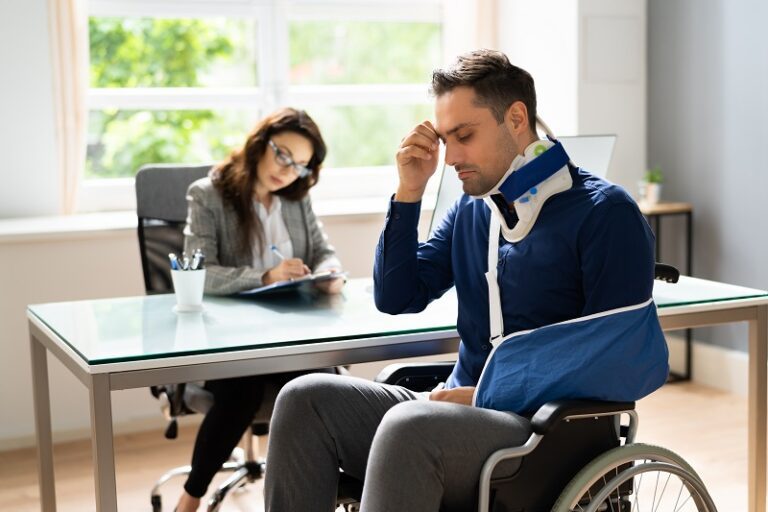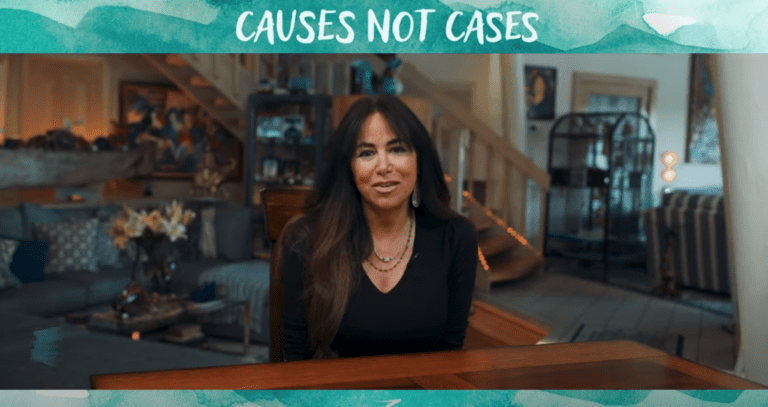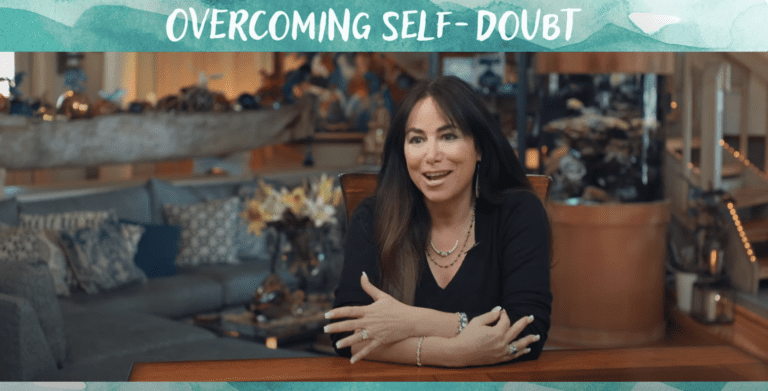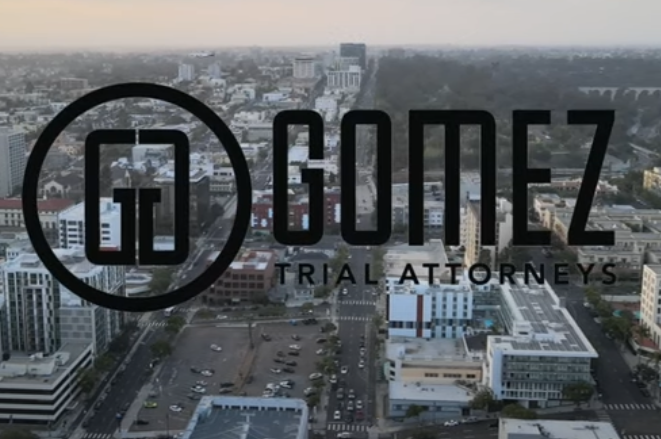Accidents are one of the cold realities of driving in beautiful California. Whether you’re traveling along a scenic road or a beachfront highway, a violent crash can stop you at any moment. Despite your efforts to drive safely and defensively, you can’t always avoid negligent drivers. That’s why it’s important that you know what you do when an accident occurs and it’s not your fault. The skilled car accident attorneys at the Gomez Trial Attorneys have compiled a list of the then most important things for you to consider doing after you have been in an accident that isn’t your fault.
Sometimes it’s a simple matter of too many cars on the road at the same time. When a destination or event or a Monday morning commute brings motorists together at the same time, you can’t count on everyone to drive safely. Risky driving behaviors are a common factor in some of the most catastrophic accidents. Crashes and injuries are usually unavoidable when you share the road with speeding, drinking or distracted drivers.
An accident can be as simple as a fender bender but often they’re more serious and cause far more damage. When a crash involves a speeding or drunk driver or a large commercial truck, the potential for injury severity increases dramatically. No matter what happens during the moments following a crash, you must remain cautious and observant so you can consider what comes next.
1. Dial 911
California Vehicle Code, Chapter I, Accidents and Accident Reports, requires that drivers report any accident with injuries. Don’t assume that someone else is contacting the police on your behalf. If your phone is functional, call the emergency operator yourself. If you or anyone else needs immediate emergency transportation, let the operator know. Otherwise, you’ll have to wait until the police officer arrives and requests an ambulance.
2. Get the Emergency Medical Treatment You Need
When you’re involved in a serious crash, there’s a strong possibility that you’ll sustain an injury. In 2017, the California Office of Traffic Safety documented 273,069 driver and passenger injuries due to auto accidents. If you’re injured, you must make your health your number one priority. If the EMTs and ambulance arrive before the police officer, it won’t cause a problem if you leave the accident scene to get the attention you need. Let someone else take care of the post-accident details.
If you’re seriously injured and you require emergency treatment and hospitalization, you have no choice. The investigating police officer will eventually contact you for your version of the accident. A friend or relative can retrieve your car, report a claim to your insurer, gather your personal effects, and help you tie up other loose ends. You can contact an attorney to review the legal, liability and damage issues.
3. Never Apologize for an Accident
The pain, anxiety, and confusion that follow an accident often inspire an innocent accident victim to say, “I’m sorry.” That or any other humble expression of regret often causes more problems than a post-accident meltdown. To you, “sorry” might be an innocent reflection of your emotional state. To anyone listening, it will sound more like an apology or a hint that you did something wrong.
If you are physically capable of leaving your car, it’s important to get out and communicate with the other driver. If you’re the kind of person who apologizes even when it’s not your fault, you should stay in your car and remain quiet until the urge to say “I’m sorry” goes away.
4. Never Admit Fault!
If you believe your actions caused or contributed to an accident, don’t reveal that to anyone but your legal representative. It’s the same as with any case that involves legal issues, anything you say can and will be used against you. When you refuse to admit fault, you shouldn’t consider it a matter of honesty versus dishonesty. It’s about caution and prudence and protecting your legal rights. There are several reasons why you shouldn’t try to discuss fault at an accident scene.
- You might be wrong.
- Everyone will believe you. Legal tradition suggests that spontaneous post-trauma statements are usually truthful.
- It’s the best way to protect your legal rights until you consult with a personal injury lawyer.
- If the facts later indicate that you were wrong about being at fault, the other driver and any witnesses will still remember what you said.
- Witnesses might change their stories to match your admission.
- Your statement could jeopardize your liability claim against the other driver and convince your insurance company to pay the person who was really at fault.
- Legal issues are too complicated to address with anyone but your legal representative.
5. Gather Information While You Wait for the Police to Arrive
Accident scenes often change before the police arrive. Even if the officer shows up within five minutes of your call, that’s enough time to lose critical evidence. Witnesses walk away. Drivers move their cars or leave the scene. People remove glass, metal, and other debris from the roadway. It’s important to document the available evidence while it’s still available.
If you’re physically able to move around the accident scene, grab your cell phone and exit your car. Your cell phone camera becomes a simple investigative tool and an efficient way to document and preserve available evidence. If you’re physically incapable of leaving your car, ask your passenger or a bystander to assist you. If you have no one available to help, gather as much information as you can. Many cell phone cameras have lenses that allow you to capture relevant evidence, even from a distance.
Document the Accident Scene
If you can walk the accident scene, you can capture the details with your cell phone. Include close-up and distant photos of the entire area.
- Close-up photos of the other vehicle’s license plate
- Photos of both cars from the front, back and both sides to document new and existing damage
- Photos of skid marks and vehicle debris left in the roadway to show speed and contact
- Photos of the street, traffic control devices and signs, and posted speed limits.
- Photos of the general areas to provide context for your accident description when you submit your claim.
Get the Other Driver’s Information
A conscientious driver wouldn’t consider leaving an accident scene but some people aren’t that reliable. That’s often the case when a driver is under the influence of drugs or alcohol, is uninsured, has a bad driving history or is operating a car with a suspended license. If the at-fault driver’s car is still functional, you can’t predict what he might do. It’s important to get the information you need before he simply hops into his car and drives away.
The information you gather can help you submit a liability claim to the other person’s insurance carrier. If the other driver is uninsured, it will help you document an uninsured motorist claim for your own insurance company. Request and photograph these key pieces of identifying information.
- Driver’s license: Ask if the address is current
- Insurance card: Confirm the policy dates
- Vehicle registration: Verify that the driver is also the owner
- Photo of the driver: To document the driver’s identity
Talk to Witnesses Before They Leave the Scene
An unbiased witness is important when you need to prove that someone else caused your accident. Witnesses aren’t always comfortable giving their information to law enforcement authorities, but they might talk to you. If you see people standing nearby, ask them if anyone saw the accident. If someone did, ask for contact information so you can reach out to them later.
If a witness won’t give you a phone number, ask for a business card or an email address. You don’t have to get the details of what they saw. Simply pass the number along to your insurance company and your attorney and they will find out what the witness knows.
6. Give the Investigating Officer Just the Facts
Be sure to maintain your calm demeanor once the police arrive. When the officer asks you what happened, give him just the facts. Provide answers only in response to the officer’s questions. Never add your personal analysis or embellish your statement with information you’re not sure about. Don’t offer voluntary information and above all, never admit fault!
When the officer asks for your version, respond with a fact-only description. Explain facts such as your speed, your direction of travel, and your actions immediately before and during the accident.
A police officer knows traffic and criminal laws. He knows how to precisely document accident scene information, driver and witness statements, and verifiable facts. Unless he witnesses your accident, he knows less about what happened than you do. When an officer’s formal report provides an opinion on fault, it’s an educated guess or pure speculation unless it’s substantiated by facts or a driver’s admission of fault.
7. File a DMV Report Within 10 Days
Whether or not you make a police report you must file an SR-1 Traffic Accident Report to the California Department of Motor Vehicles. The DMV requires a report under three circumstances whether or not the accident occurred on private property.
- Property damage exceeds $1,000.
- A person sustains fatal injuries
- A person is injured (even if the injuries were minor)
When endorsed by your insurance company, your report confirms that you have insurance. When drivers fail to show compliance with the state’s Financial Responsibility laws, the DMV suspends their license.
8. Contact Your Auto Insurance Company
Auto insurance policies have differences in coverage limits, deductibles, and a few other features, but they all have reporting requirements. If you’re involved in an accident and fail to report it to your insurer, they might not decline coverage but they have a right to do so if they choose.
This sometimes happens when a failure to report jeopardizes an insurer’s ability to conduct a timely liability investigation. It often affects all of the coverages that come into play after a serious auto accident. Your insurer could decline coverage for:
- Collision and Medical Payments provides coverage for your claims.
- Property Damage Liability and Bodily Injury Liability coverages pay for claims the other driver makes against you.
- Uninsured Motorist coverage is optional coverage for damages a hit and run driver or uninsured driver causes.
- Underinsured Motorist coverage is optional coverage for damages that exceed an at-fault driver’s liability limit. Insurance companies don’t always deny coverage when you have a significant reporting problem or another policy condition issue. If you and your company can’t resolve any coverage issues, they sometimes use them as a negotiation tool when it’s time to settle your claims.
9. Comply With Your Insurance Policy Conditions
When you’re injured, insurance companies on both sides want to talk to you. If your own auto policy requires that you cooperate, respond as requested. Your policy explains that when you want your insurance company to pay for a claim, you must submit the documentation they request and provide sworn statements when they ask. Your car accident lawyer can, however, help you through the process and protect your rights as you go through it.
Insurance companies want medical bills, doctor and hospital reports, and the right to request injury information directly from your healthcare providers. As your policy is a contract, you must comply with its provisions, though you should first consult a car accident lawyer to protect your rights. When you make a liability claim against the other driver, his insurer will want the same consideration, but can’t force you to cooperate.
10. Speak With a Car Accident Lawyer
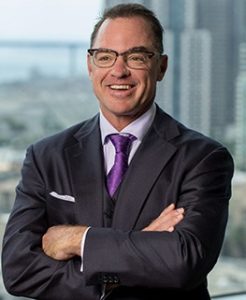
When you’re seriously injured in an accident, It’s important to consult with a knowledgeable attorney. Personal injury attorneys work with injured clients only. They have the experience necessary to resolve liability complications, handle insurance coverage issues, and negotiate claim settlements. Your attorney intervenes on your behalf and provides the information your insurer needs when the timing is appropriate.
Personal injury attorneys understand how to evaluate and negotiate liability, uninsured motorist, and underinsured motorist claims. They work hard to provide the best possible recovery for their clients.
A legal consultation provides your best opportunity to understand how a personal injury attorney views your claim. Client consultations are complimentary. They provide an excellent opportunity for you and a legal professional to exchange information and discuss your recovery options. scheduling a consultation doesn’t require a commitment on your part and you walk away with a better understanding of your legal rights. It’s up to you if you choose to move forward with your injury claim.
Gomez Trial Attorneys
655 West Broadway
Ste1700
San Diego, CA 92101
[619]-237-3490


